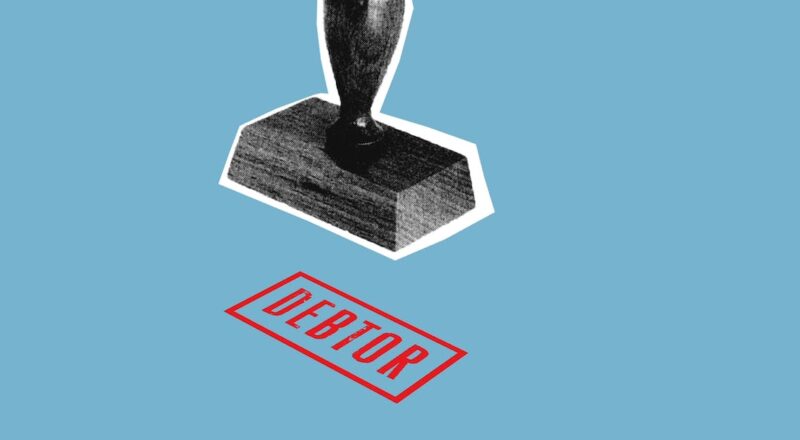Individual Voluntary Arrangements (IVAs) and insolvency are two of the most prevalent debt relief options available to those struggling with debt. Before opting for either of these, it’s important to understand the pros and cons of each. Insolvency, while providing more comprehensive debt elimination, can have serious and long-lasting repercussions, while IVAs may not be able to provide the same level of debt relief. This article will explore the advantages and disadvantages of both insolvency and IVAs to help you make an informed decision.
Pros of Insolvency: Comprehensive Debt Relief
The most significant pro of insolvency is the comprehensive debt relief it can provide. This type of arrangement is an effective way to reduce debt by eliminating most of it, as well as significantly reducing the amount you owe. Through insolvency, you can have the majority of your debt discharged so you can start afresh. You will no longer be burdened with high interest payments or monthly payments, allowing you to make better use of your income. Furthermore, creditors are unable to pursue further collection on the discharged debt.
Another pro of insolvency is the protection it provides from creditors. Insolvency proceedings will stop most creditors from harassing you by phone or mail. This includes debt collectors, as well as creditors and lenders. This can provide tremendous relief to people who have been facing harassment from creditors. In some cases, insolvency proceedings can also prevent creditors from taking any legal action against you.
Cons of Insolvency: Serious Long-term Consequences
One of the main cons of insolvency is the serious long-term consequences it can have on an individual’s financial standing. Being declared insolvent can remain on a person’s credit report for up to 6 years, making it difficult for them to obtain credit or loans in the future. This can have a serious financial impact, making it difficult for them to purchase a home or car, start a business, or even acquire small consumer goods like a television or mobile phone. In some cases, the insolvency may even have impacts on a person’s career and employment prospects, as some employers may be reluctant to take on someone who has been declared insolvent.
Insolvency can also have serious emotional and mental health consequences. The stigma associated with being declared insolvent can often lead to feelings of anxiety, depression and humiliation. This can be especially difficult for individuals who have built up a successful business or career and are now struggling financially. For these individuals, insolvency can often be a wake-up call and a difficult reminder that past financial mismanagement can have serious consequences.
Comparing Insolvency to IVAs: Pros and Cons
When it comes to financial matters, insolvency and individual voluntary arrangements (IVAs) are two options available to those struggling with debt. Insolvency is the legal declaration of an individual’s inability to pay their creditors and can be applied to individuals or companies. IVAs, on the other hand, are legally binding agreements between an individual and their creditors in which the individual agrees to repay a predetermined amount of their debt over a period of time. Each of these options comes with its own pros and cons that should be weighed carefully before making a decision.
When comparing the two, insolvency is generally seen as a last resort when all other options have been exhausted. It carries a great deal of stigma and has long-term implications on an individual’s credit rating, which can impact their ability to take out loans, rent property, and obtain certain types of employment. On the other hand, an IVA is a more palatable option for those who do not want to declare insolvency. It can be less invasive and less damaging to an individual’s credit than insolvency, and it can also help an individual negotiate lower monthly repayment rates and fewer payments. However, it is important to note that IVAs also come with costs and fees associated with setting up and maintaining the agreement.
